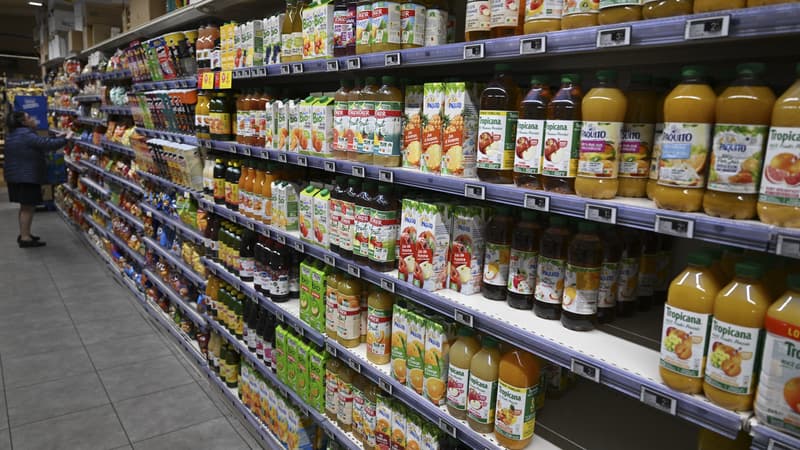They left the stage promising to meet again. On Tuesday, during a round table discussion at the French Employers’ Meeting (REF), Thierry Cotillard, president of the Les Mousquetaires group and vice-president of the Federation of Commerce and Distribution (FCD), and Arnaud Rousseau, head of the FNSEA, the main farmers’ union, outlined a possible agreement in anticipation of the upcoming trade negotiations and, perhaps, of a future Egalim 4 law.
In the process, Layla Rahhou, general delegate of the FCD, hit the nail on the head on LinkedIn, delighting that this meeting “has enabled us to highlight a certain number of convergences” between these two sectors. Among them: the “need to strengthen price construction for the future.”
A first deadline in negotiations
Distributors and farmers are therefore imagining a new timetable, with a first deadline for negotiations, before which manufacturers must set a price with producers, before negotiating with major retail brands. Guaranteeing a good price for farmers. Layla Rahhou also writes that these players in the sector also agree on the “need for transparency” and the “desire to build together rather than against each other”. But there is no mention of the industrialists in the sector, who are rather sceptical about this sequence.
On this everyone agrees: it is no longer possible for producers to be the adjustment variable in trade negotiations.
He continued: “Where we have disagreements with what the FNSEA and the distributors propose, is not in the substance, but in the form. I find it very complicated to include it in the law.”
Totally “unrealistic”
For the head of the EFSF, which brings together nearly 1,000 independent or family-owned companies, this is even “unrealistic”.
Like Jérôme Foucault, president of Pact’Alim (3,000 SMEs and ETIs in the food sector), he denounces a new “gas factory”. And both point the finger at what seems simply unviable, such as setting a price for fruit or vegetables that have not yet been harvested. Not to mention that “it is not only the cost of the agricultural raw material that comes into play when setting the price”, insists the head of the EFSF.
But then why would the head of FNSEA, who also chairs the board of directors of the agri-food group Avril, and the head of Intermarché, which is an industrialist through its subsidiary Agromousquetaires, want to add more complexity?
“No more industry, no more production”
For Dominique Chargé, president of the Agricultural Cooperation, which represents the country’s cooperatives (40% of French agri-food turnover), everyone defends their interests, but there must be no mistakes in the fight.
For Dominique Chargé, at the heart of all this is the desire to “force the industrialist not to pass on all his production costs. But if there is no more industry, there will be no more production either.” …’
In this changing political context, and also hoping for support from public authorities, he recommends that all actors in the chain form a united front to “cushion the impact of the international, climate and health crisis” and “gain competitiveness”. In the meantime, the various sides are fine-tuning their arguments and closely following what is happening in Parliament in order to put pressure on their pawns.
Source: BFM TV


